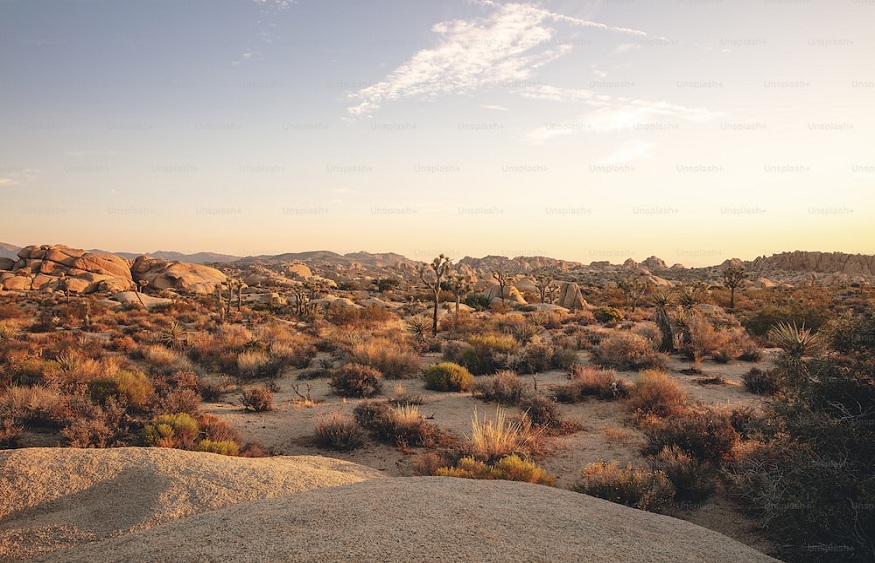Dubai, with its futuristic skyline and opulent lifestyle, is often associated with urban extravagance. Yet, hidden within its borders lies a fragile and extraordinary ecosystem—the Dubai desert. As the city flourishes, it’s crucial to recognize the ecological significance of this desert landscape and the role that responsible desert safaris play in its conservation. In this blog post, we’ll delve into the ecological importance of the Dubai desert and explore how sustainable desert safaris are contributing to its preservation.
The Delicate Balance of the Desert Ecosystem
Contrary to its harsh exterior, the Dubai desert harbors an intricate and delicate ecosystem that has adapted over millennia to survive in arid conditions. Every plant, animal, and microorganism plays a crucial role in maintaining this balance. Plants like the ghaf tree and salt-tolerant shrubs prevent soil erosion and provide habitats for insects, reptiles, and small mammals. In turn, these creatures support the entire food chain, including predators like desert foxes and raptors. Disrupting any part of this delicate balance can have ripple effects throughout the ecosystem.
The Role of Sustainable Desert Safaris
Recognizing the importance of preserving this unique ecosystem, many desert safari operators are shifting their focus towards sustainability and conservation. These operators prioritize minimizing their impact on the environment while offering visitors an opportunity to appreciate the desert’s beauty. Here’s how sustainable desert safaris contribute to conservation:
- Reduced Footprint: Eco-friendly safari practices ensure that vehicles and visitors stay on designated paths to prevent soil erosion and disturbance to sensitive habitats.
- Limiting Group Sizes: Smaller safari groups mean less noise and disturbance, minimizing stress on wildlife and reducing the overall impact on the ecosystem.
- Educational Programs: Sustainable safari experiences often include educational components, helping visitors learn about the desert’s biodiversity and the importance of its conservation.
- Waste Management: Responsible operators follow strict waste management practices to prevent littering and pollution in the desert.
- Supporting Local Communities: Many eco-friendly safari operations collaborate with local communities, contributing to their livelihoods and empowering them to be stewards of the desert.
- Advocacy and Research: Some safari operators actively participate in research initiatives focused on desert ecology, supporting scientific understanding of the ecosystem’s needs.
- Carbon Offsetting: Forward-thinking companies are exploring ways to offset the carbon footprint of their operations, such as planting native trees or supporting reforestation efforts.
Preserving for Future Generations
Conserving the Dubai desert isn’t just about protecting a unique environment; it’s about securing the heritage of the region for future generations. As Dubai continues to evolve, it’s imperative that both residents and visitors understand the fragility and beauty of the desert ecosystem. Sustainable desert safaris offer an opportunity to create a connection between people and nature, fostering a sense of responsibility towards its preservation.
The Dubai desert is a testament to the wonders of nature’s adaptability, and its conservation is a shared responsibility. By embracing sustainable practices and engaging in responsible desert safaris, we can ensure that this remarkable ecosystem remains a source of awe and inspiration for generations to come. The harmonious coexistence of modernity and nature is achievable, and through education, awareness, and ethical tourism, we can play a role in preserving the Dubai desert’s ecological richness for the future.





Leave a Reply
You must be logged in to post a comment.